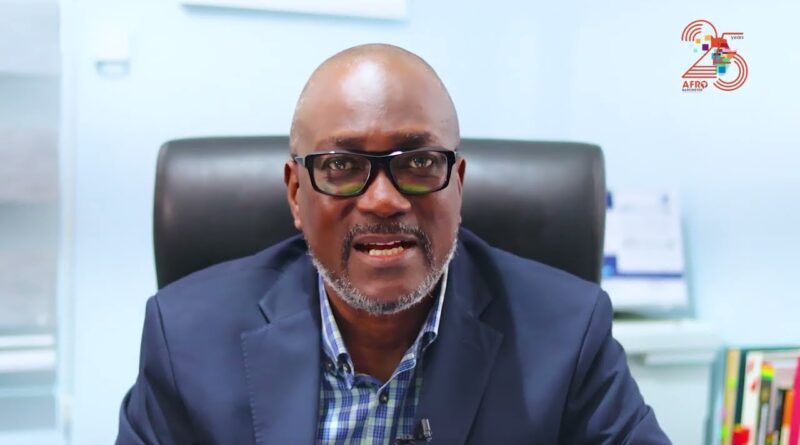From Gridlock to Greatness: A New Vision for Ghana’s Political Architecture

Reimagining Ghana’s Governance Structure
The current structure of governance in Ghana is showing signs of fatigue. Political capture, administrative inefficiency, and representational bloat are preventing our democratic institutions from truly serving the people. We must now ask: if not now, when?
At the heart of this proposal is a singular idea—radical, constitutional transformation. Our aim must not be to simply manage the present system, but to reimagine and rebuild it from the ground up.
Empower Local Governance Through Elected DCEs
The foundation of good governance is accountable leadership. Ghana must immediately move to elect District Chief Executives (DCEs). This will democratize local leadership and restore public confidence in district-level development.
To coordinate these local leaders, a Regional Assembly of DCEs should be created. From this Assembly, each region shall elect two persons to serve as Members of Parliament. Two additional appointments shall be made per region, bringing regional representation in Parliament to four members. This will replace the current bloated and unsustainable constituency-based system.
A Reformed and Inclusive Parliament
This new Parliament will consist of 64 regionally designated legislators. An additional 36 representatives will be drawn from established professional bodies such as the Ghana Medical Association, Institute of Engineers, Teachers, Bankers, Nurses, and others. This mirrors successful models from jurisdictions like Singapore, where sectoral insight enriches national legislation.
Every appointee or elected MP must have university-level education and English proficiency. While some may never enter politics through conventional means, we must not lose their intellect. They must be brought in through nomination, based on merit and national contribution.
Restructuring the Three Arms of Government
The independence of Ghana’s three arms of government—Executive, Legislature, and Judiciary—must be reinforced. No member of the Executive should serve in Parliament or hold board appointments. Judges and constitutional office holders should be selected through a transparent and self-governed process involving the Judicial Council and votes from the Bar and Bench.
Tenure Limits and Accountability
Supreme Court Justices and heads of constitutional bodies such as the Auditor-General, EC Chair, and OSP must have term limits: five years per term, renewable once, and only extendable to a third term with a two-thirds majority in Parliament. These roles are not fiefdoms; they must remain accountable to the nation.
Abolishing Redundant Structures
The Council of State has long outlived its relevance. It should be abolished. Similarly, Regional Ministers serve little purpose in a devolved system where elected DCEs and their assemblies exercise authority. We must also cap ministerial appointments at 50.
Unifying National Security for Efficiency
Ghana’s armed and uniformed services must be integrated into a National Defense Force. This would consolidate the Police, Army, Fire Service, Immigration, and Customs under a single operational umbrella, allowing for efficient resource use and a more coordinated response to national threats.
Fiscal Transparency and National Equity
Article 71 should be abolished. Salaries for all public officers, including the President, must be indexed to the national minimum wage—e.g., the President earns 8000 times the base wage, cascading downward. This ensures we rise or fall together as a nation, without a political elite insulated from the struggles of the people.
Strengthen Institutions of Planning and Oversight
The National Development Planning Commission (NDPC) should be repurposed as a parliamentary think tank akin to the Congressional Budget Office (CBO) in the U.S., supplying MPs with evidence-based projections, costing, and long-term analysis.
Take-Home Message
Ghana must seize this moment to not merely tweak, but transform its governance. The time for cosmetic reforms is past. We need deep, far-reaching constitutional restructuring that centers on accountability, transparency, inclusion, and national development.
It may seem radical—but it is logical. It may seem idealistic—but it is necessary. If we are truly serious about moving Ghana forward, then this proposal offers a real foundation for change.




